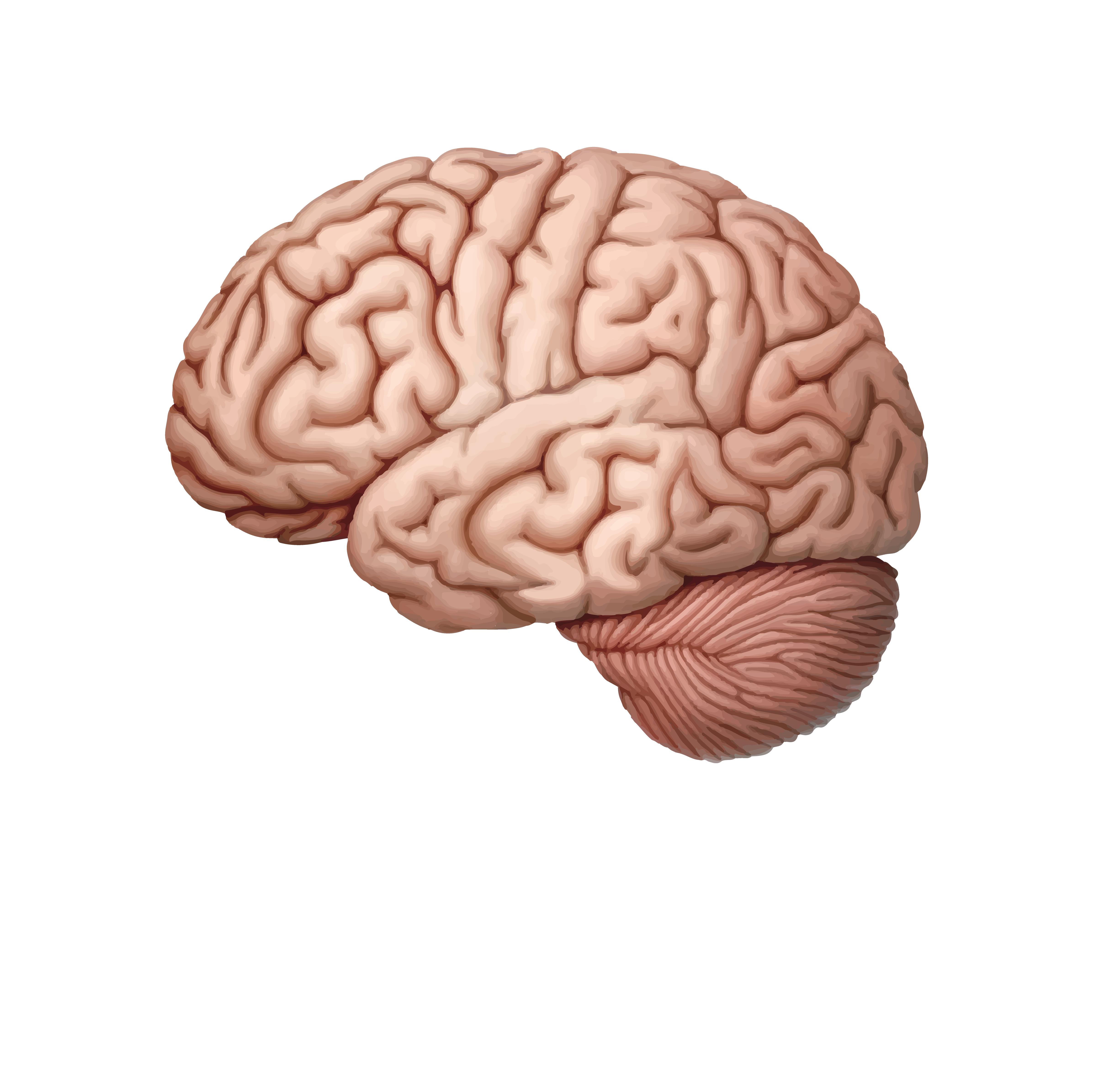Rutgers-Newark professor spearheads groundbreaking conference in Middle East
by Marilyn Silverstein
NJJN Staff Writer
A Jewish professor of neuroscience at Rutgers University-Newark is spearheading what is believed to be the first international scientific conference jointly hosted by Israeli and Palestinian universities.
Mark Gluck, codirector of the Rutgers Memory Disorders Project, is the lead organizer and cochair of the conference – Basal Ganglia, Dopamine, and Learning: Integrating Computational and Clinical Perspectives – which will focus on interdisciplinary approaches to understanding Parkinson’s disease.
The groundbreaking event will take place June 26-28 on the campuses of the Hebrew University of Jerusalem and the Al-Quds Palestinian Medical School in East Jerusalem.
Three years in the planning, the conference is expected to bring together some 200 leading researchers and physicians from Israel, the West Bank, Jordan, England, France, Canada, and the United States. Underwriters of the initiative include the Hebrew University, the Maryland-based National Institutes of Health, and a number of private philanthropies and corporations. Coorganizer and cochair of the conference on the Israeli side is Hagai Bergman, professor of neuroscience at the Hebrew University.
“It’s very exciting,” Gluck said in a recent telephone interview. “What’s new and particularly exciting is that we’ve now reached out to the Palestinians at Al-Quds University. That’s a big deal. That’s something that hasn’t been done before.”
He added that since the Al-Quds Medical School is in East Jerusalem, participants should have no problem in traveling back and forth between the two campuses.
Gluck said he initiated the conference out of concern over the growing movement in Europe to boycott, harass, and isolate Israeli scientists. European bodies have banned Israeli scientists from international conferences, removed them from the editorial boards of scientific journals, and blocked them from university appointments and from the exchange of scientific data.
“I feel a strong connection with Israel, and when I first heard about the boycotts, it offended me twice over,” Gluck said. “These are my fellow Jews. They’re also my fellow scientists. They’re my brethren. So my feeling was that Rutgers could to do something about this by organizing an international conference in Israel with leading scientists.”
The initiative has already exceeded his expectations in several ways, Gluck added.
“We never thought we’d be able to get the Palestinians involved as partners,” he said. “That’s a huge boon. It’s allowing us to strengthen Israel’s relationship with the Arab world, which is key to Israel’s long-term strength.
“And it’s not just going to be a one-time thing,” he added, noting that a second international conference – one focusing on the application of information technology and biotechnology in the understanding and treatment of Alzheimer’s disease – is already in the works for 2007.
The inaugural conference will also plant the seeds for a new Rutgers/Israel exchange program, according to Gluck. The Rutgers-Israel Biomedical Research and Education Exchange is expected to grow into a comprehensive exchange program for study and collaborative research – bringing Rutgers students and faculty to Israel and Israeli scientists and students to Rutgers.
“It’s designed to create more things that strengthen Israeli scientific and medical programs and to strengthen the links to Rutgers,” Gluck said. “That’s sort of a win-win for Rutgers. It will provide enormous opportunities for Rutgers’ students and faculty.” In addition, he said, some of the programs set up with the Palestinians and Jordanians may also provide opportunities for Rutgers students to be invited to participate in collaborative programs with Palestinian universities.
One Rutgers-Newark student who is already seizing the opportunities offered by the conference is junior Stephanie Lazzaro of River Vale, an Honors College intern in Gluck’s lab. Lassaro will present a poster exhibit on her memory and brain research. In 2004, Lazzaro was one of only 310 college undergraduates nationwide to receive the prestigious two-year Barry M. Goldwater Scholarship.
“I think this upcoming conference really holds testament to the fact that science does not discriminate between beliefs and borders,” Lazzaro wrote in an e-mail from the laboratory of Thomas Boraud at Universite Victor Segalen in Bordeaux, France, where she is spending the summer working on neurobiological experiments that may advance understanding of the cognitive deficits associated with Parkinson’s disease.
“Neurodegenerative diseases do not discriminate based on race, religion, culture, etc., and neither should academia and science,” she wrote. “I think this conference will help to foster and build relationships, and build a stronger, more united scientific community. It is only in this fashion that we will be able to make the most advances and do the most good for the world at large.”
In a published statement, Edward G. Kirby, dean of Rutgers-Newark’s Faculty of Arts and Sciences, also welcomed the opportunities for building relationships offered by the conference.
“We are thrilled to be able to play a role in bridging the gap among researchers as they work toward achieving advances in the understanding and treatment of Parkinson’s disease,” Kirby stated. “We hope this first step will result in significant progress toward building lasting educational and research exchange programs between our college and Israeli universities.”
For more information about the conference in Israel or the Rutgers-Israel Biomedical Research and Education Exchange, contact Gluck at 973-353-1080, ext. 3221.
Marilyn Silverstein can be reached at msilverstein@njjewishnews.com. Copyright 2005 New Jersey Jewish News. All rights reserved. For subscription information call 973.887.8500.
